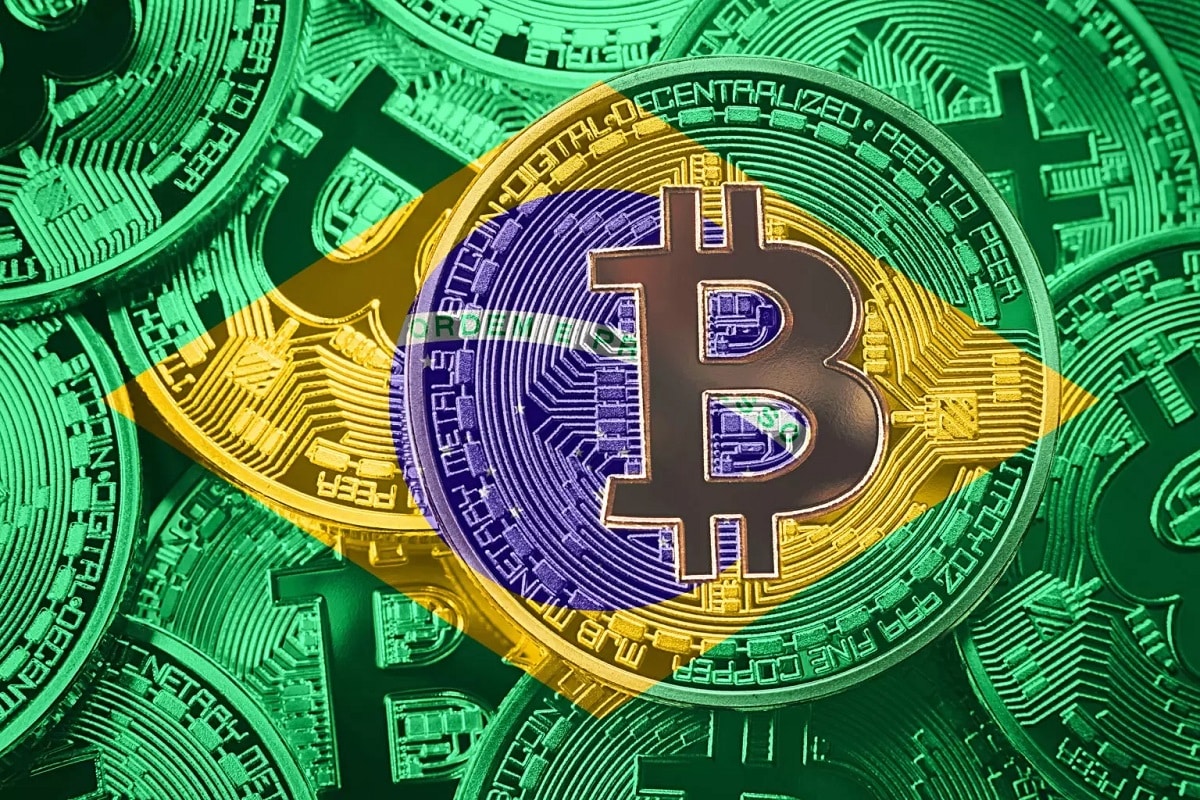According to local news sources, the decree regulating the implementation of the Cryptocurrency Law in Brazil was published today, designating the Central Bank as the regulatory body of the Bitcoin and cryptocurrency industry.
The decree was published today and signed by President Luiz Inácio Lula da Silva, Economy Minister Fernando Haddad and Central Bank Governor Roberto Campos Neto.
The decree states that the Central Bank will regulate the provision of services with cryptocurrencies (called "virtual assets" in the text) and have the power to determine who can operate in the market. The Central Bank will also have the authority to supervise the operation of the sector.
The text also clearly states that the powers of the Brazilian Securities and Exchange Commission (CVM) are preserved. This agency will be responsible for regulation where virtual assets are structured as securities.
The regulatory framework for cryptocurrencies in Brazil was established by Law 4.401/2021, which was approved by the House of Representatives in November and approved by then-President Jair Messias Bolsonaro in December at the end of last year.
The law enters into force next Tuesday, June 20.
Along with the approved law, a decree of the executive branch defining some points was missing. Chief among these was the definition of which institution would be the sector regulator. As expected by the market, President Lula appointed the Central Bank, which has long been interested in topics such as blockchain and Web3, and played a major role in the creation of Real Digital, which can be considered a type of cryptocurrency.
*Not investment advice.










